
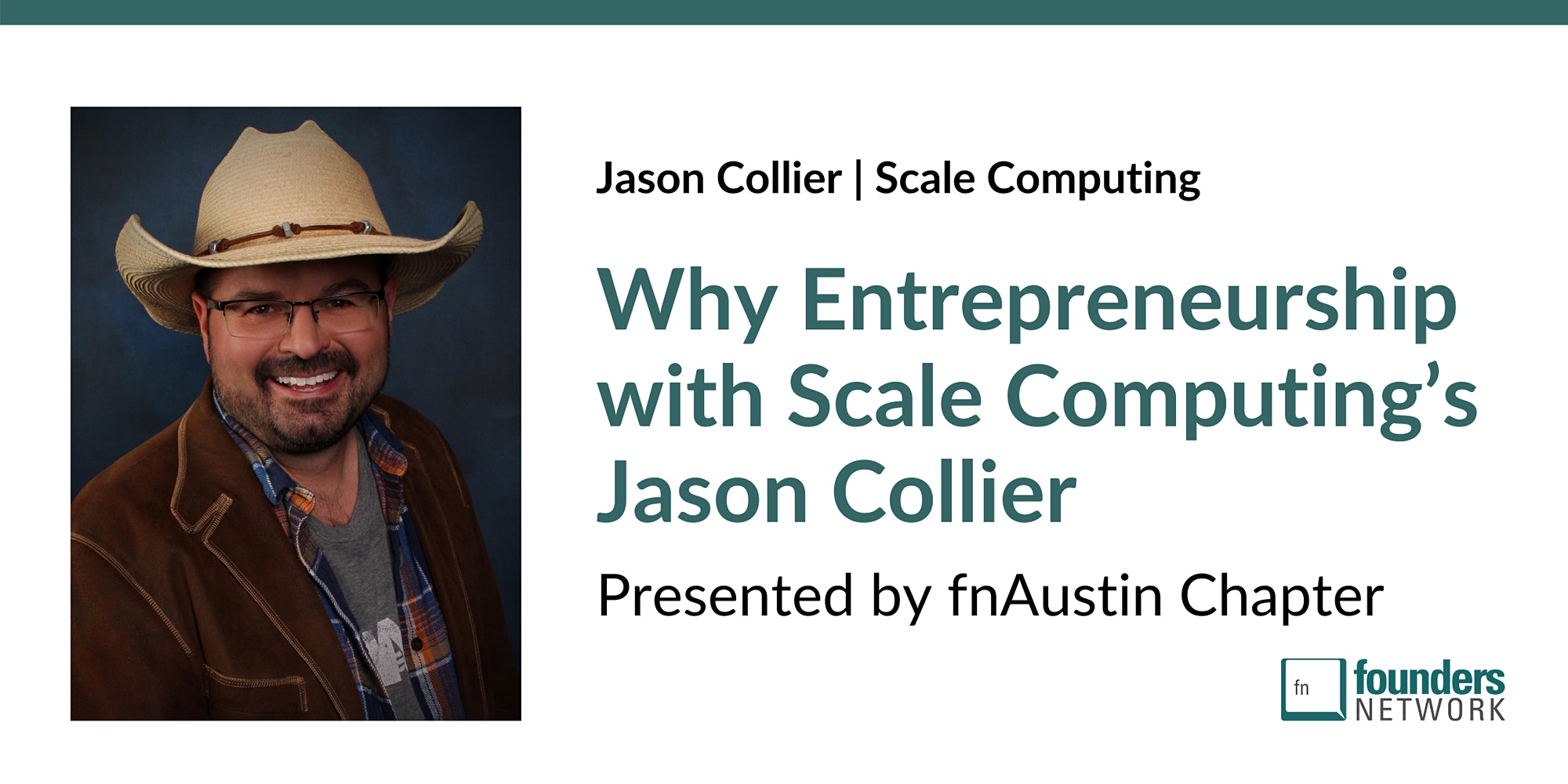

- This event has passed.
October 21, 2020 @ 9:30 am - 11:30 am PDT
FreeWhy Entrepreneurship with Scale Computing’s Jason Collier
Complimentary Ticket:
Are you a full-time tech founder? Be our guest! During COVID, we’re making our events available to tech founders everywhere. Enjoy a complimentary ticket to come learn from fellow tech founders, partners and investors. Already used your complimentary guest pass? Request an invite to see if you qualify for membership.
Topic:
Entrepreneurship is hard and littered with failures. So why do it? Jason Collier, serial founder most recently of Scale Computing, recounts lessons learned from the dot-com crash and gives no-BS advice on the pitfalls of fundraising, learning to adapt, and what really matters in running a startup.
Register for Jason’s personal playbook on:
- Bouncing Back from Failure
- Understanding Deal Terms
- Keeping Your Equity
- Learning to Adapt
- Focusing on People
Presenter:
Jason Collier has over 20 years of experience as a serial entrepreneur in the technology industry. Jason was the Founder and Chief Evangelist at Scale Computing. Scale was one of the early pioneers along with Nutanix and Simplivity in the hyperconvergence space. Previously, Jason was VP of Operations at Corvigo where he oversaw sales engineering, technical support, internal IT and datacenter operations. Prior to Corvigo, Jason was VP of Information Technology and Infrastructure at Radiate. There he architected and oversaw the deployment of the entire Radiate ad-network infrastructure, scaling it from under one million transactions per month when he started to more than 300 million at its peak.
Jason is one of the pioneers of hyperconvergence and is an expert in virtualization, data storage, networking, cloud computing, data centers, and edge computing. In his current role as an independent consultant, Jason provides distinctive technology and intelligent strategy solutions in both enterprise and startup settings. Understanding the importance of innovative ideas and how to take those ideas to market, Jason is able to combine “go-to-market” expertise with practical application.
Jason holds a BS from Indiana State University in Computer Hardware Engineering with a minor in Computer Science.
About Founders Network:
Founded in 2011, Founders Network offers lifelong peer mentorship to over 600 tech startup founders globally. Our platform, programs and high-touch service facilitate authentic experience sharing, warm introductions and long-term professional relationships. Additional benefits include over $500k in startup discounts and promotion to 2,000 newsletter readers. Members are located in San Francisco, New York City, Los Angeles, Vancouver, Toronto, London and other tech hubs. Each month our Membership Committee admits a new cohort of full-time tech founders who are nominated by an existing member. Learn more at https://foundersnetwork.com
Confidentiality Policy
All information shared within Founders Network is strictly confidential. We are built on a foundation of trust, and the community takes confidentiality seriously. Investors, members, and staff all share experiences and opinions off the record. In this roundtable forum, we continue to model our fnValues of Reciprocity, Humility, Authenticity and Inclusivity.
Testimonials
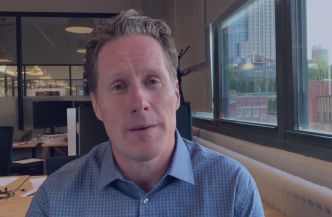
"If you don't have a cohort group in something like Founders Network that you can develop long-term relationships with and discuss the same topics that come up with people that you already know, you're probably missing out on something very important."David Plonsky

"The number one advantage is the law of compound interest. The longer you stay in a very high-quality network the strong and more authentic relationships you build."Chaitanya Vaidya
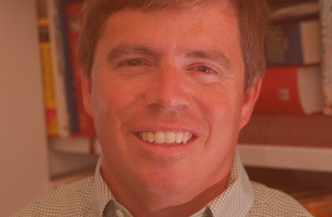
"We know each other's business and we know each other's struggles. Having a personal relationship with other founders that is completely confidential and completely authentic gives you a lot of great advice."Doug Lessing
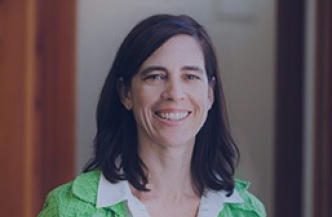
"FN manages my network for me by connecting me with other founders in my specific industry sector. I've been able to explore business development opportunities, partnerships, etc."Becky Splitt
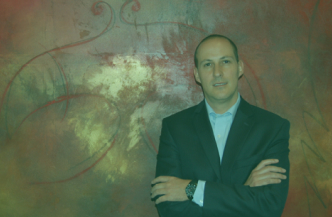
"We just saw the first Mexican unicorn come to life this same week which is a fantastic idea. Being part of the Founders Network makes a lot of sense. We see that the Mexico City chapter is growing substantially."Max Linares
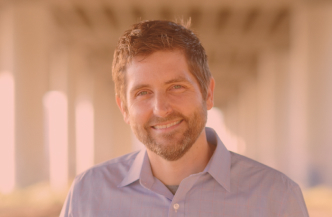
"There's a lot of great stuff going on even now in San Francisco. I've found Founders Network has been a great resource for me and for all of the founders I know during these tough times."Jarie Bolander

"It allowed me to meet people who had done this before that had the experience. I was able to explain an issue very briefly and they were able to give me a very detailed response on how they addressed it."Terence Finn
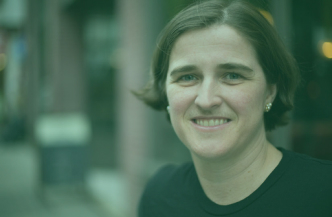
"I've used the platform to discover advice, connections, resources, discounts, on important services, connections to investors, and practice on how to pitch. The kind of conversations you can't get anywhere else on youtube or google searches."Alexandra Greenhill
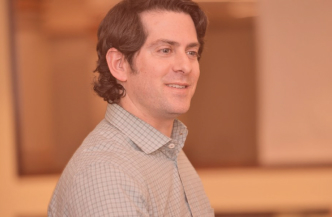
"I see Founders Network as one of those necessary resources in the Chicagoland area."Jason Jacobsohn
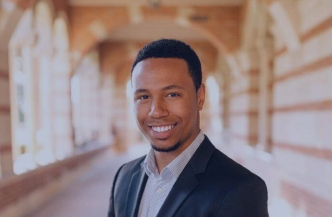
"The Black Founders initiative allows me to shape this program where we can inspire, engage, and support Black Founders."Khiry Kemp

